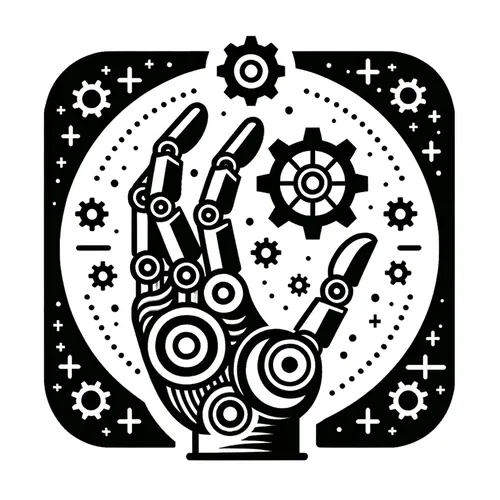Robots Steal Jobs, Take Over Factories: AI Apocalypse or Automation Revolution?
- Author
- Quiet. Please
- Published
- Sat 24 May 2025
- Episode Link
- https://www.spreaker.com/episode/robots-steal-jobs-take-over-factories-ai-apocalypse-or-automation-revolution--66245211
This is you Robotics Industry Insider: AI & Automation News podcast.
The robotics industry is witnessing a remarkable acceleration in innovation, with artificial intelligence-driven automation reshaping both established manufacturing lines and next-generation supply chains. Already in 2025, industrial robotics and collaborative robots are being deployed at an unprecedented pace, driven by the need for operational efficiency, cost reduction, and greater workforce flexibility. The global industrial automation market is projected to reach 256 billion dollars this year, expanding to nearly 570 billion by 2034 at an annual growth rate above nine percent. The Asia Pacific region leads global expansion, but North America commands the largest share, fueled by investment in smart factories, advanced robotics, and robust research efforts.
Recent breakthroughs are redefining what robots can accomplish on the factory floor. At the recent Automate 2025 event, manufacturers such as DENSO showcased high-precision four and six-axis robots alongside collaborative models designed to work safely around people. Novarc’s newly launched NovAI system is a highlight, bringing adaptive vision and cognitive capabilities to welding robots, which enables real-time quality assurance and full traceability—critical for industries with strict compliance needs. Meanwhile, Realtime Robotics’ Resolver promises to accelerate the design and deployment of workcells by leveraging cloud-based tools that reduce cycle times and costs, directly addressing pain points in manufacturing optimization.
Major firms are also forming strategic partnerships to accelerate automation at scale. DHL Group recently signed a memorandum of understanding with Boston Dynamics to roll out 1,000 additional robots across logistics operations, underlining how the transport and supply chain sectors are embracing automation not just for efficiency, but for resilience and decarbonization as well.
On the technical front, the integration of artificial intelligence with industrial robots enables predictive maintenance, the optimization of workflows, and data-driven decision-making. AI algorithms help forecast machine failures before they occur, streamline supply chain management, and assign routine tasks to robots, freeing human workers for high-value projects and reducing risks tied to manual labor.
For industry stakeholders, practical takeaways include exploring collaborative robots for safer factory integration, investing in AI-powered maintenance solutions, and leveraging strategic partnerships to handle scale. Looking ahead, the convergence of robotics and AI will continue to create smart, flexible, and sustainable industrial environments. Companies investing in intelligent automation today are best positioned to navigate labor shortages, meet compliance demands, and seize new opportunities in the evolving digital economy.
For more http://www.quietplease.ai
Get the best deals https://amzn.to/3ODvOta
